Bank of America, the eighth largest bank in the world by total assets, has joined blockchain-based trade finance network Marco Polo.
Launched in 2017, Marco Polo leverages R3’s Corda and the TradeIX distributed trade finance platform to provide an open enterprise software platform for trade and working capital finance to banks and corporates and a distributed, blockchain-powered solution that allows for the seamless and secure exchange of data and assets between participants.
Bank of America will join other network members including BNP Paribas, Commerzbank, ING, LBBW, Anglo-Gulf Trade Bank, Standard Chartered Bank, Natixis, Bangkok Bank, SMBC, Danske Bank, NatWest, DNB, OP Financial Group, Alfa-Bank, Bradesco, BayernLB, Helaba, S-Servicepartner, Raiffeisen Bank International, Standard Bank, Credit Agricole, National Bank of Fujairah, and Mastercard.
“Joining the Marco Polo Network supports our strategic objective of turning technology advances into trade solutions that address client needs. We look forward to exploring how the new technology can generate greater transparency for our clients throughout the transaction lifecycle, making traditionally paper-based, opaque processes easier and more efficient,” Geoff Brady, Head of Global Trade & Supply Chain Finance in Global Transaction Services at Bank of America, said.
Daniel Cotti, Managing Director, CoE, Banking & Trade for the Marco Polo Network, expects Bank of America to expand Marco Polo’s reach and eco-system to a wider audience of corporate customers.
In August, Commerzbank and LBBW executed a trade transaction between international technology group Voith and pump and valve manufacturer KSB SE via the Marco Polo network. Logistics provider Logwin AG was directly incorporated into the digital process chain in real-time.





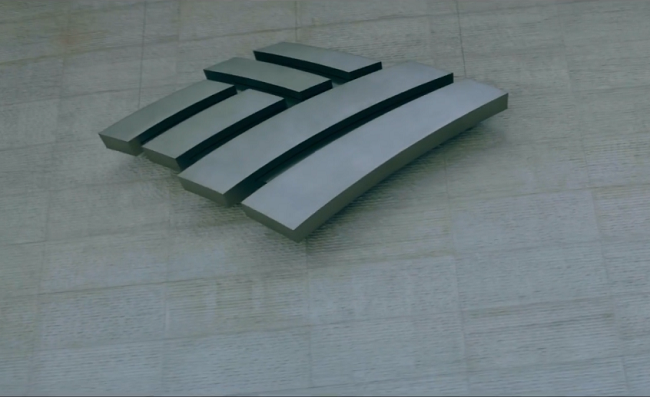

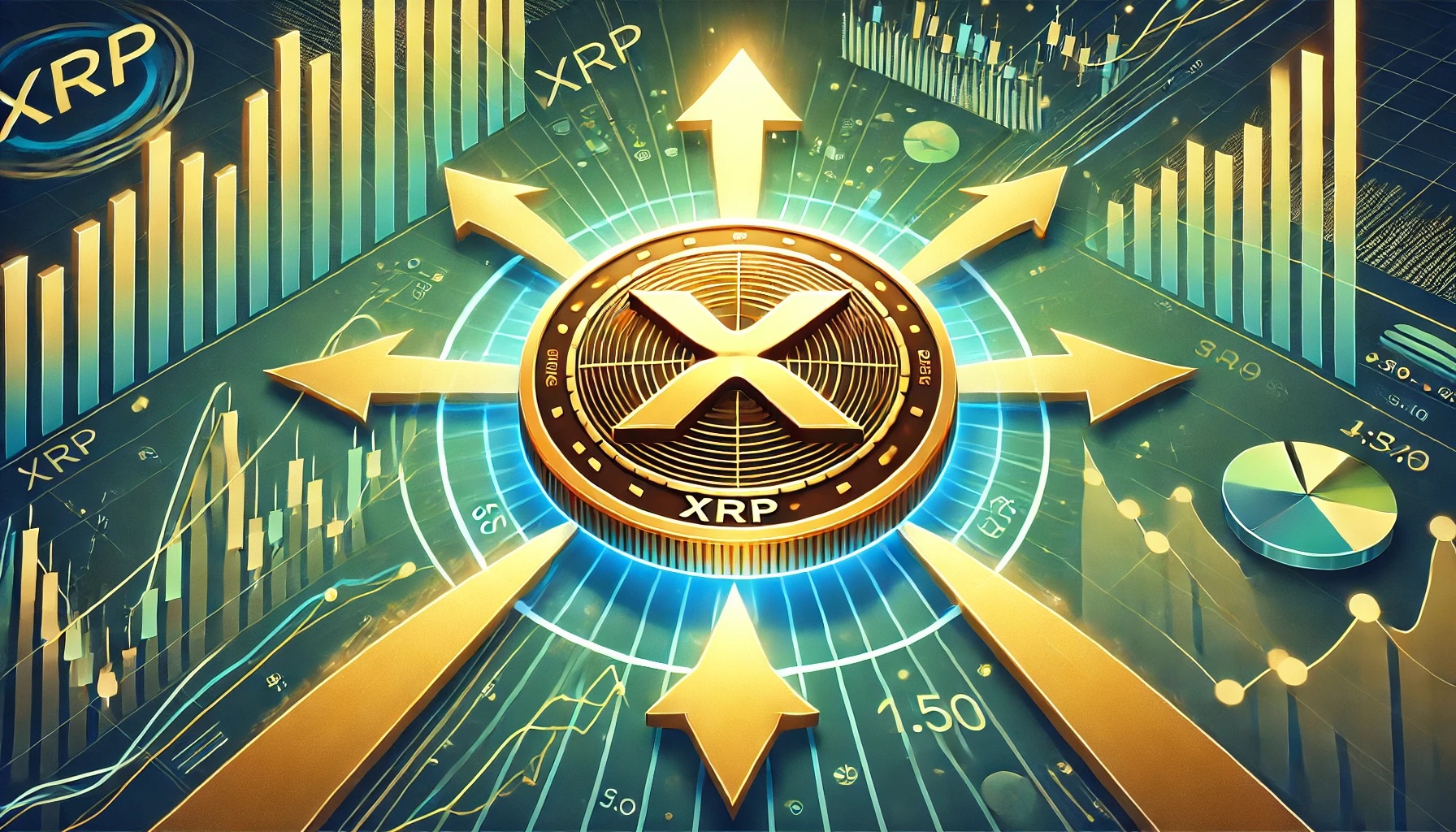

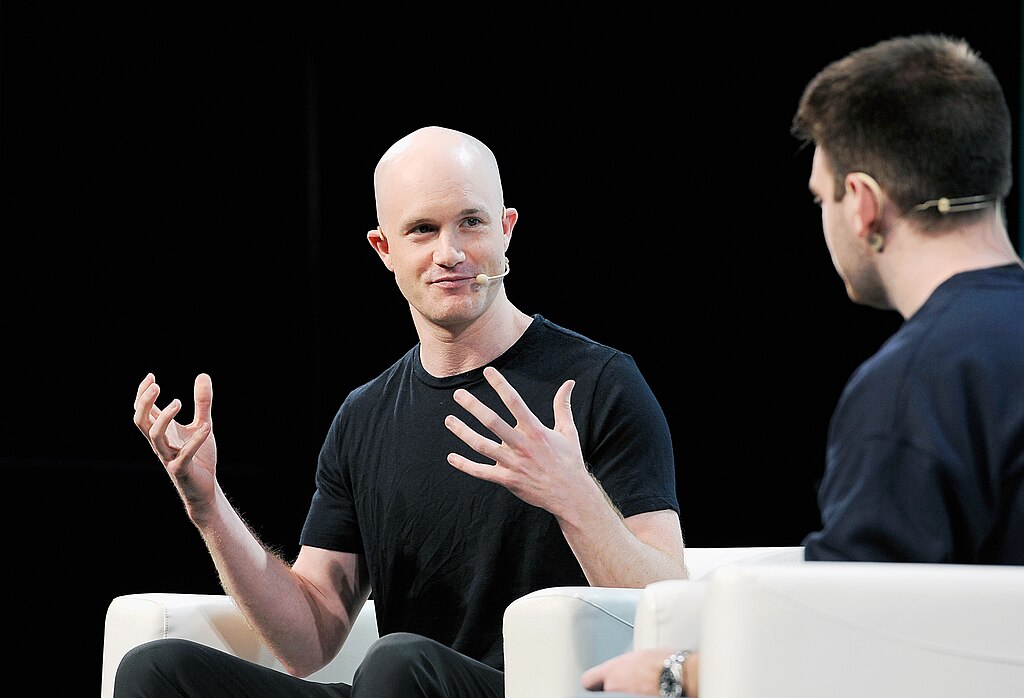
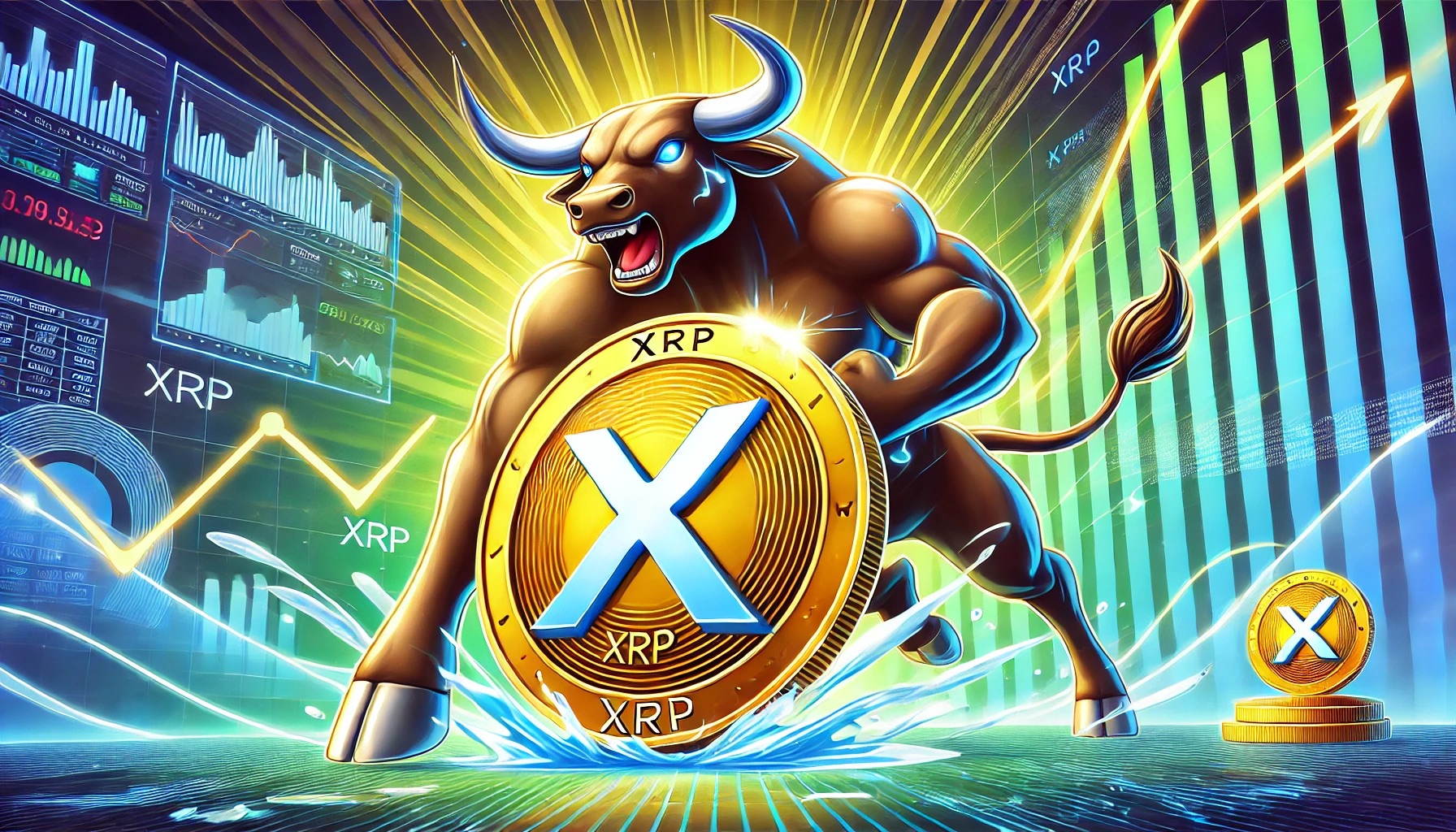
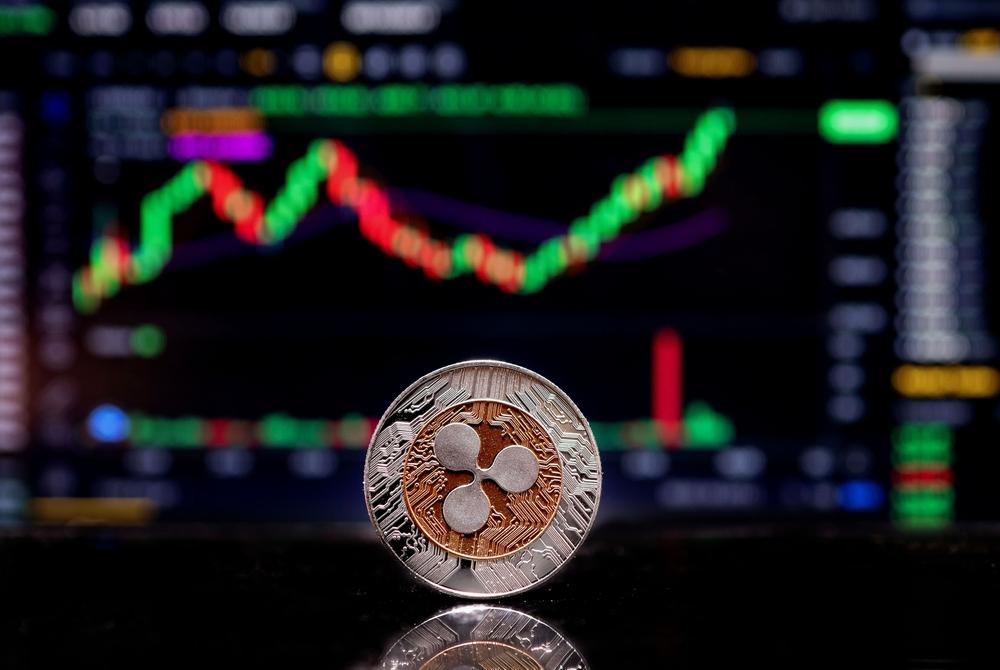
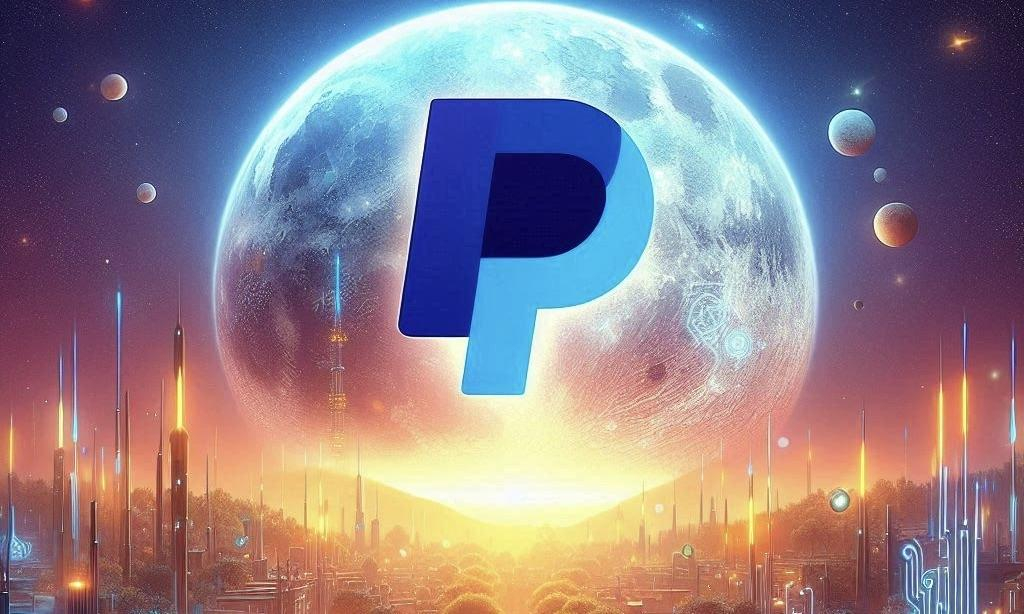



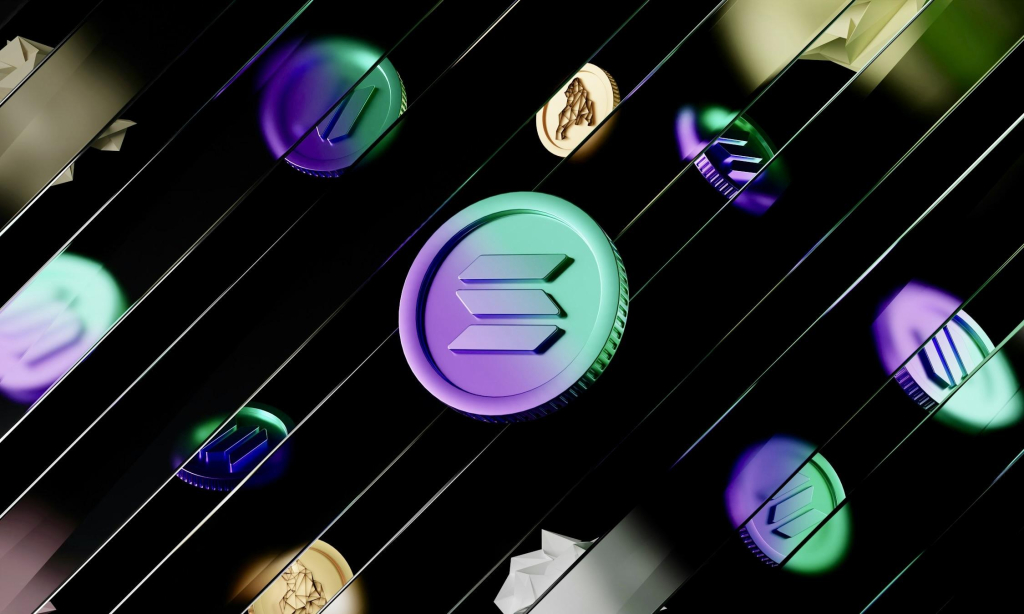
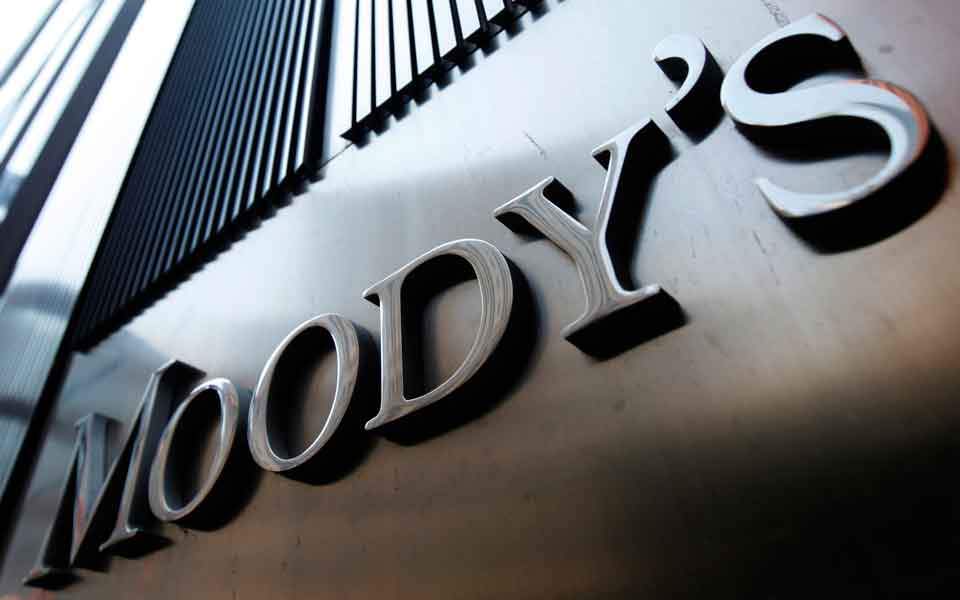



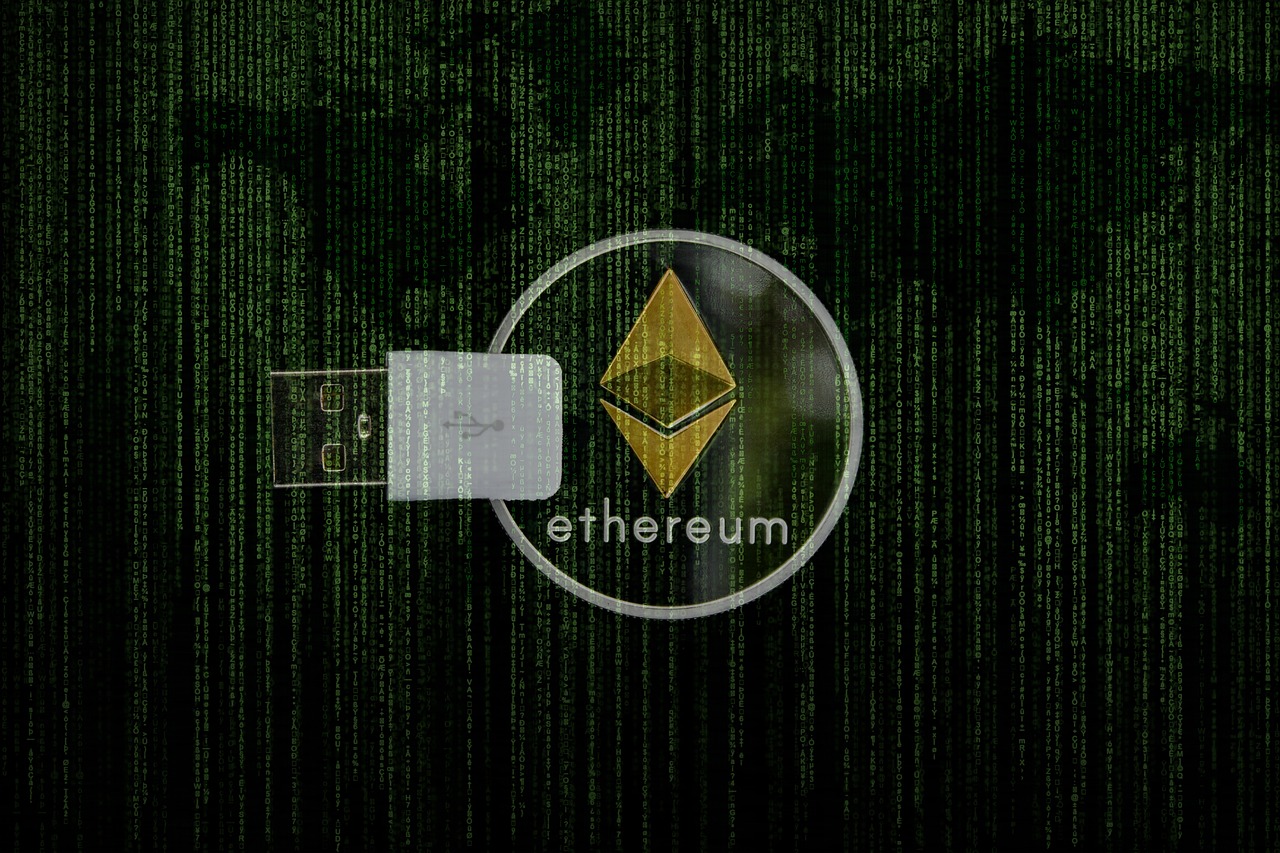
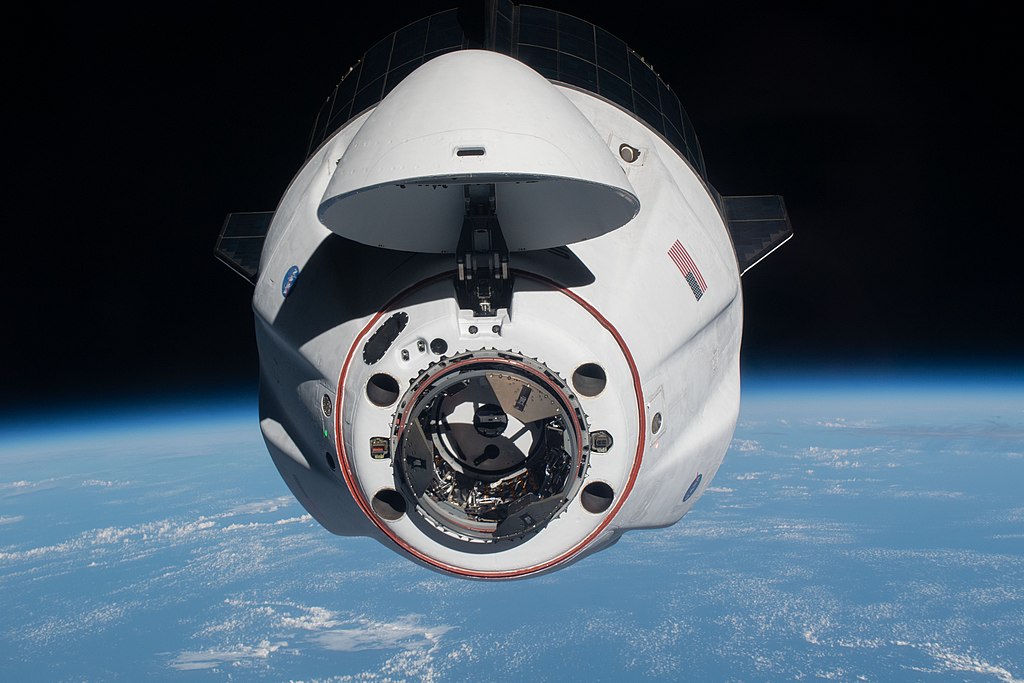



Comment 0